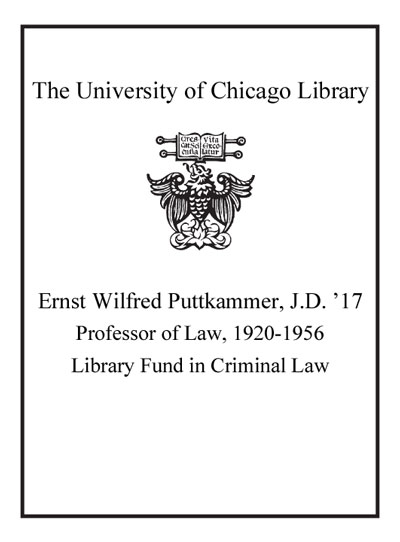Review by Booklist Review
The popular cultural depiction of a con shows an ingenious bit of skulduggery pulled off by a charming schemer or schemers. Think The Sting and Ocean's Eleven, Twelve, and Thirteen. But the prevalence of cons 40 times more common than car theft and burglary and the range of their perpetrators, from family members to global Internet scammers, demand more vigilance than do other crimes. Magician and expert on deception Munton, abetted by writer McLeod, goes behind the scenes to present stories of ordinary con victims to dissect how scams are perpetrated and the elements and tactics of typical cons. The authors go on to detail seven categories of con, from foreign lottery and sweepstakes scams to reshipping schemes to fraudulent home repair. From telemarketing tricks to crimeware, they describe how scammers use technology to gain access to potential victims. They also detail how to protect against the cons, identify possible setups, and reduce the likelihood of falling into conning traps. Finally, they advise readers on recovering from identity theft. Completely fascinating and insightful.--Bush, Vaness. Copyright 2010 Booklist
From Booklist, Copyright (c) American Library Association. Used with permission.
Review by Publisher's Weekly Review
Career magician and identity theft expert Munton teams with writer McLeod to deliver this fascinating, informative, and highly entertaining primer on the various ways the uninitiated may find themselves ripped off by a con artist. Filled with personal stories (told in hindsight, of course), the cautionary tales have a common thread: it could happen to anyone-be they financially struggling college student, good Samaritan, single mom, or scientist. Munton and McLeod's featured narratives include people who have been conned by a new romantic interest or led astray by greed, curiosity, or basic inattentiveness. Rather than inducing paranoia, Munton and McLeod stress the importance of critical thinking when it comes to our money, identities, and time. For example, Munton schools readers on how to recognize a Ponzi scheme and cautions against giving out a social security number without serious consideration; in most instances, the receiving party doesn't need the social security number at all. This book will help people recognize a credible opportunity when it presents itself, and avoid those "opportunities" that don't pass muster. (Sept.) © Copyright PWxyz, LLC. All rights reserved.
Review by Booklist Review
Review by Publisher's Weekly Review

